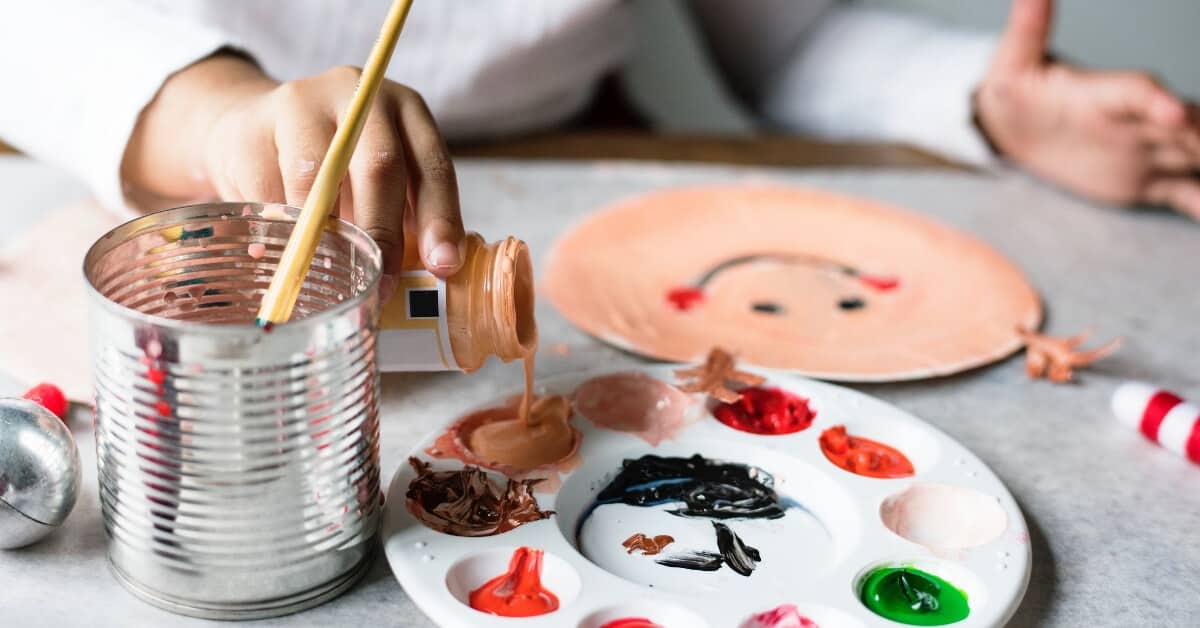Each year, when summer holidays roll around, I remind myself that I need a break. I remind myself that it is time to try to relax and enjoy the holidays with my children before the pressures of work and school start up again next year. I know how important it is to have time to just chill together as a family… but each year it seems to get harder and harder.
The summer holidays can be a very stressful time for parents. Our kids are about to be home every day, all day. We worry about how to keep them active and occupied – so they aren’t glued to screens all day. Then there are childcare concerns. School holidays are incredibly difficult for working parents who have to take annual leave, or shuffle their kids between grandparents and holiday care. And finally, there are the seemingly endless costs. Tennis camps, art classes, STEM workshops – not to mention Christmas itself; these can often leave parents reaching into empty pockets.
But there is a way to chill out with your kids, avoid too much expense and still make wonderful summer holiday memories. It all comes down to planning.
Here are seven tips to help you do just that.
Make a Must-Do Checklist
Even before the summer holidays begin, sit down with the kids and brainstorm a list of things you want to do as a family while on holiday. These shouldn’t be big things (unless you’re already going on a big holiday!). These should be small, inexpensive and easy-to-accomplish things, like going to the movies, making pizza or visiting grandma.
Once you’ve made your list, get the kids to help you think about what you’ll need to do to accomplish your list. When everyone contributes you share the load and everyone in the family gets a say.
Look for Free and Cheap Activities

According to the Commonwealth Bank, entertaining kids over the summer holidays costs Australian parents a total of $368 million each year. These are just the funds that come directly out of your pocket as handouts, pocket money and outlay for holiday activities (if you add in the total Christmas spending the number soars to $1.1 billion!).
You can avoid the constant drain on your finances by making a weekly activity plan and sticking with it. If you don’t have a plan, you’ll go for the lazy options, which cost the most. Look for inexpensive activities like the park or the beach (be sure to incorporate your checklist). Community gardens can help teach kids about growing food, often at little or no cost to you. Local councils and libraries also offer free holiday activities, such as crafts, story time and even exercise classes.
Have a look around. You’ll be surprised at the variety on offer.
Find a Family Challenge
Do something that’s hard or a little scary as a family. Maybe it’s climbing the nearest mountain peak, or travelling to one further away and doing something really serious. Maybe it’s as simple as going roller-skating or ice-skating for the first time. Whatever it is, make sure it challenges yourself and your kids. Tackling something as a family makes you feel like a team and will create extraordinary memories. Some of these might be a little bit costly, so pick your expensive activities first and slot them in. Then build lots of no-cost or low-cost activities around them.
Learn Something New
Take the opportunity to learn something new as a family. Pick something that interests both you and your kids and get curious about it. Maybe you can start learning the guitar, or finding out about a new culture (and then make their food!). Be vulnerable and get creative. Not only is it great for your brain, it will also give you a memorable holiday.
Limit Scheduled Activities
Be careful not to over schedule your family. Doing something in the morning and then something in the afternoon (and the evening!) can be too much. The kids get exhausted, you get stressed, and it all gets too hard. By limiting your activities to either the morning or afternoon (but not both!), you’ll feel balanced, and your kids will have a chance to have some space, be bored and learn how to entertain themselves.
Beware of Screen Time

Be smart about how and when you use screens. Using a device to scroll through Facebook for an hour takes time away from family and the experience of being ‘together’ (when we allow technology to interfere with our face-to-face interactions it’s known as technoference, and it’s not good).
Of course, there are some times where devices are helpful and make things more enjoyable. Identify the times when devices will contribute to your family’s wellbeing and those times when they won’t. Really think about why you are using a device before turning it on.
Sleep
Get enough sleep! You are on a holiday, so rest and relax. We feel better when we are not sleep-deprived. We are nicer to be around. People will be happier to hear from us, see us, speak to us and spend time with us, including our kids.
These tips can help ensure that our summer holidays have plenty of inexpensive, challenging and new activities, while still allowing for rest, relaxation, personal time and sleep. It just takes a little bit of planning to have a truly memorable family holiday.
Article supplied with thanks to Happy Families.
About the Author: A sought after public speaker and author, and former radio broadcaster, Justin has a psychology degree from the University of Queensland and a PhD in psychology from the University of Wollongong.

